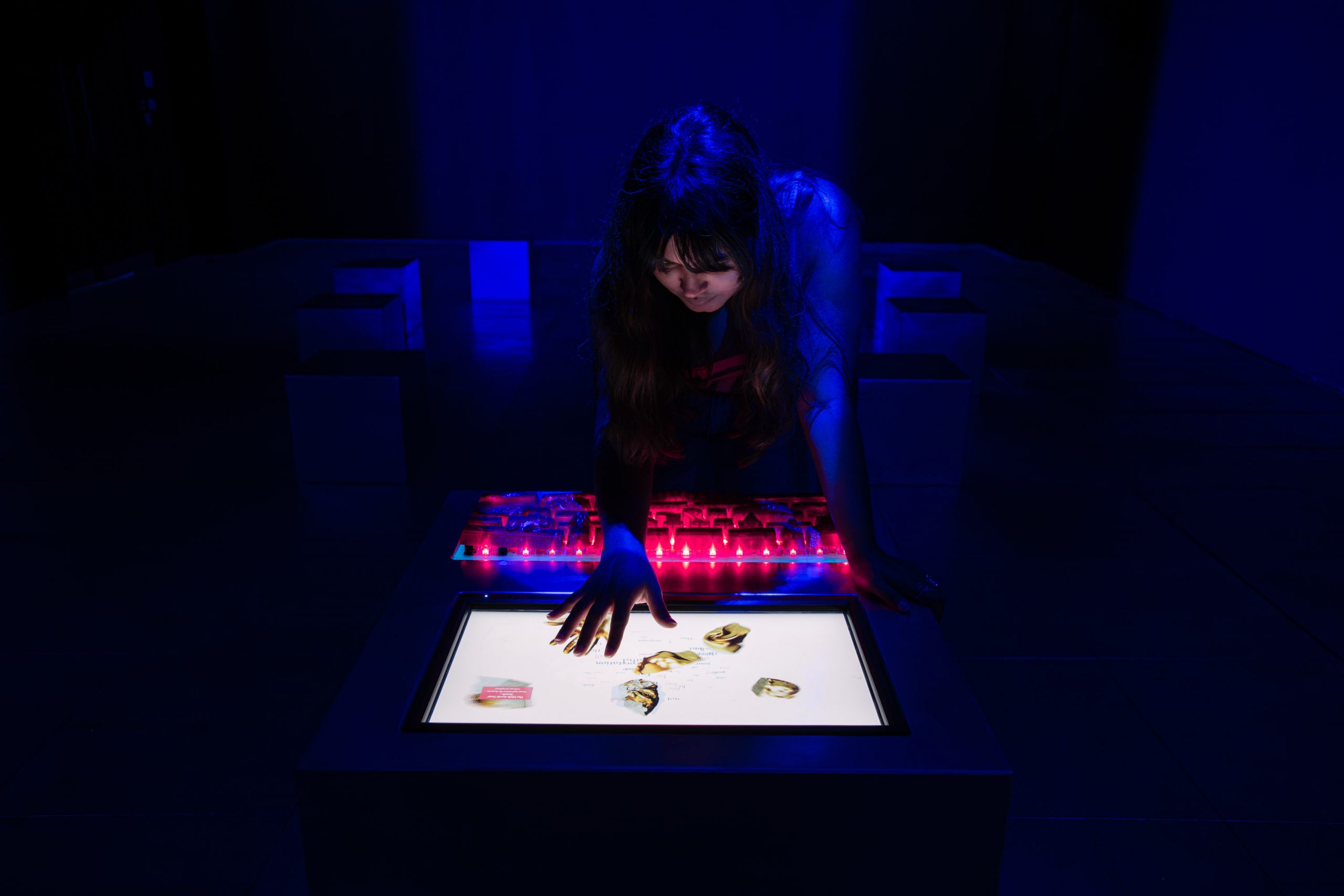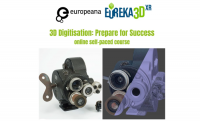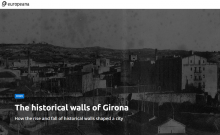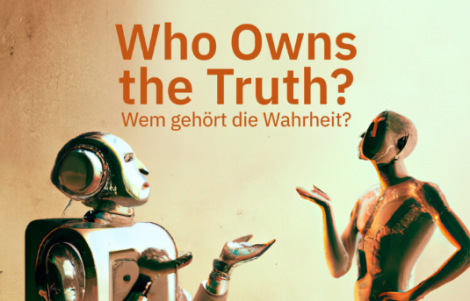
Ars Electronica Festival 2023 / Photo: Created with the AI-System DALL·E2
From 6 to 1o September 2023, the Ars Electronica Festival for art, technology and society once again invites artists, scientists, developers, designers, entrepreneurs, and activists from all over the world to Linz, Austria, to attend the festival.
Ars Electronica has accompanied the ongoing digitalization of our lives since 1979. It poses questions about the political, social, ecological, and economic consequences, and speculates on the future forms that technological progress will take. Embedded in a worldwide network of artists, scientists, developers, designers, entrepreneurs, and activists, Ars Electronica constantly advances this research – both within and together with the widest possible public. Whether with exhibitions, conferences, concerts, performances, or interventions – the goal has always been to push forward a discourse and promote inclusive and sustainable visions of the future.
This year’s theme by Europe’s largest festival for art, technology and society will focus on the following question: “Who Owns the Truth?”. This theme aims directly at key disputed topics of our time: truth and ownership, interpretive authority and sovereignty, specifically focusing on Artificial Intelligence performances: Ars Electronica 2023 is about demonstrating how artists from all over the world, through collaboration as well as confrontation with technology and society, are working on this topic.
This year, the festival has secured numerous partnerships with leading names in the arts and culture industry, such as the Museo Nacional del Prado and the Museo Nacional Centro de Arte Reina Sofia in Madrid, the Grand Palais Immersif in Paris, the Salzburg Festival, and the Biennale Musica 2023 Venezia. Additionally, renowned organizations like MEET Digital Culture Center in Milan, WRO Media Art Biennale in Wrocław, Leonardo – The International Society of Arts, Sciences, and Technology, and Arizona State University will also be participating. Notably, two European Capitals of Culture, Bad Ischl 2024 and Oulu (Finland) 2026, will also be involved in the festival this autumn.
Discover more about the festival at this link.
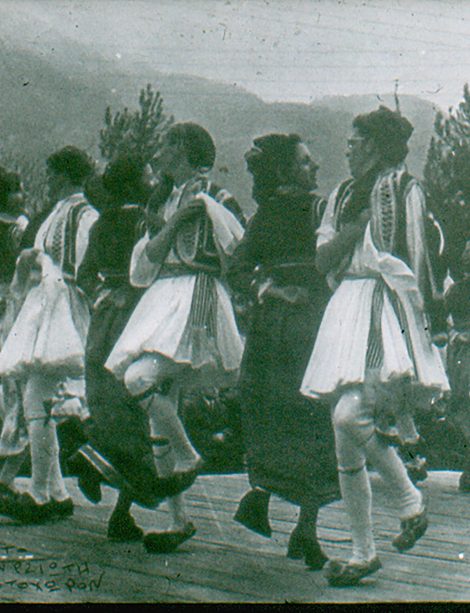


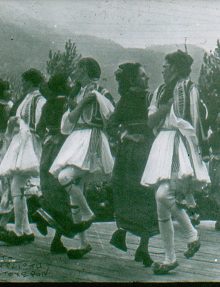
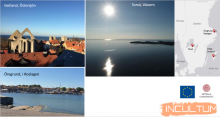
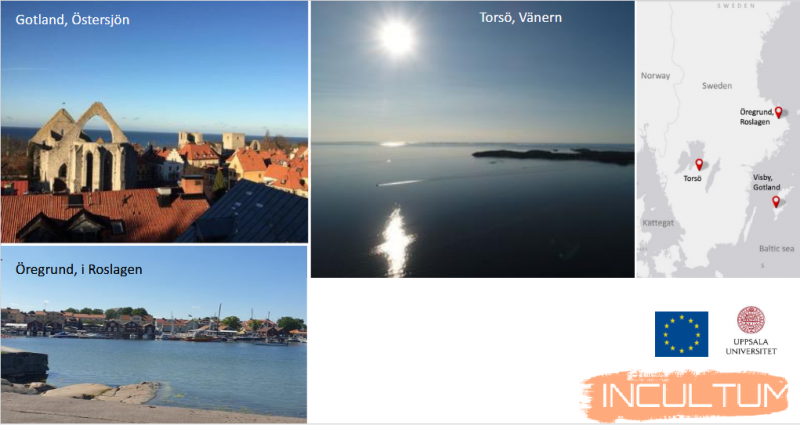
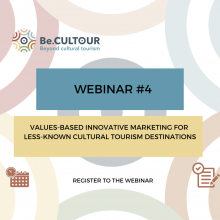
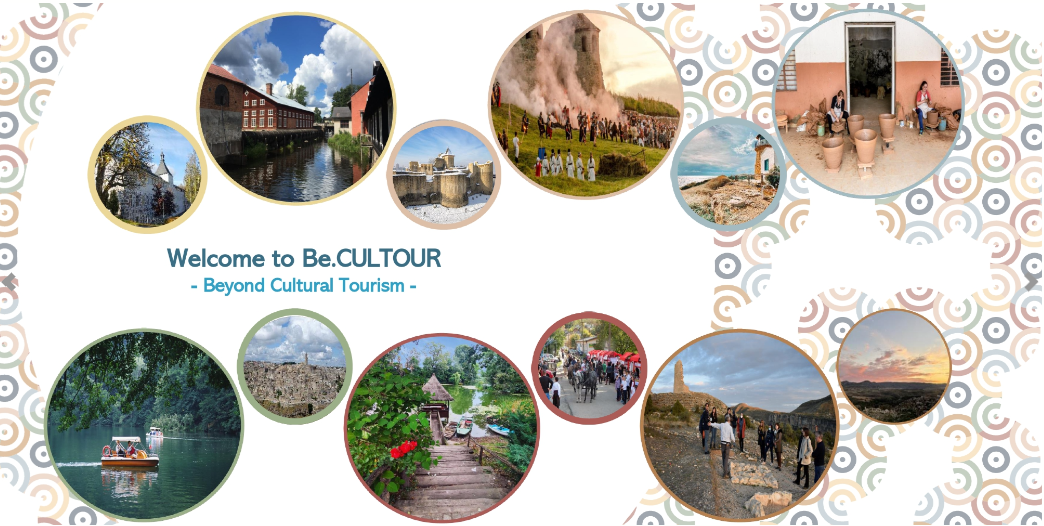
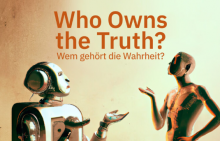

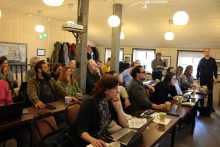






















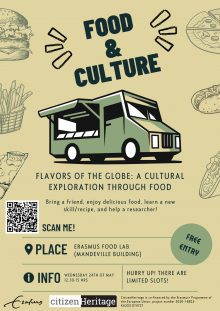
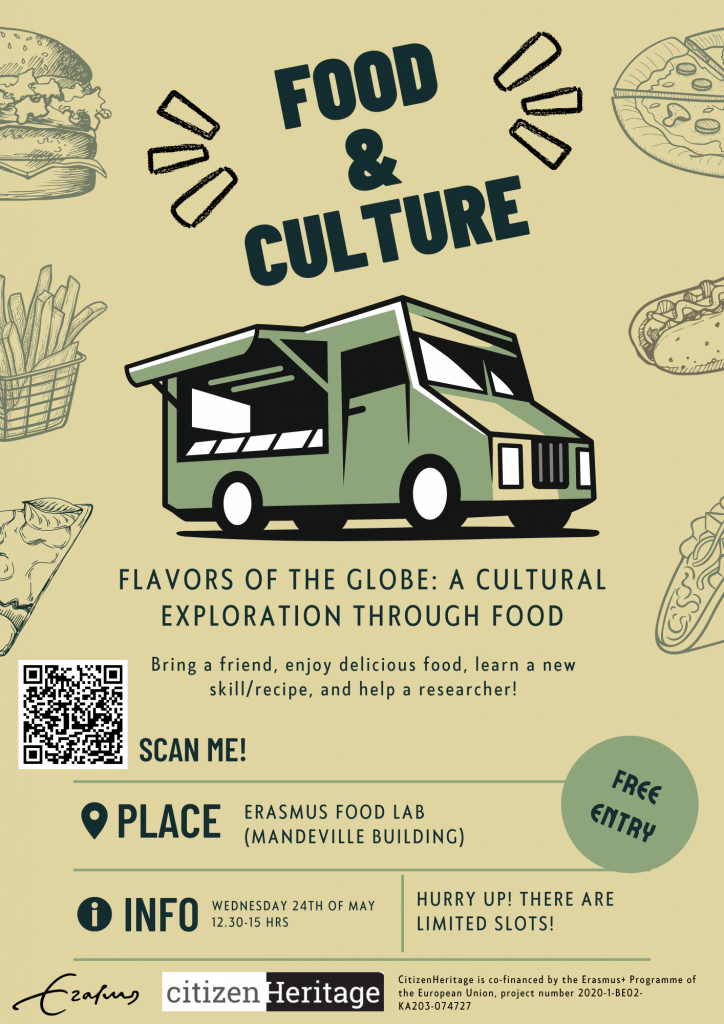
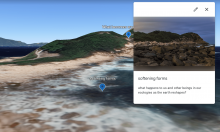
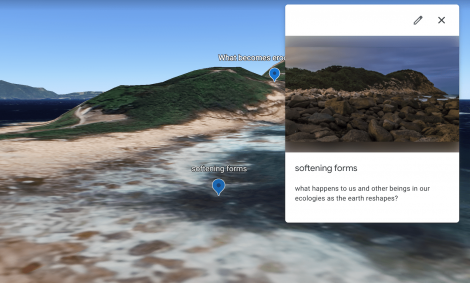
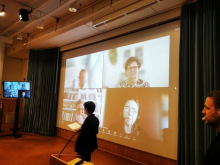






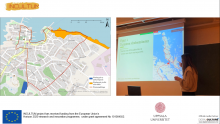
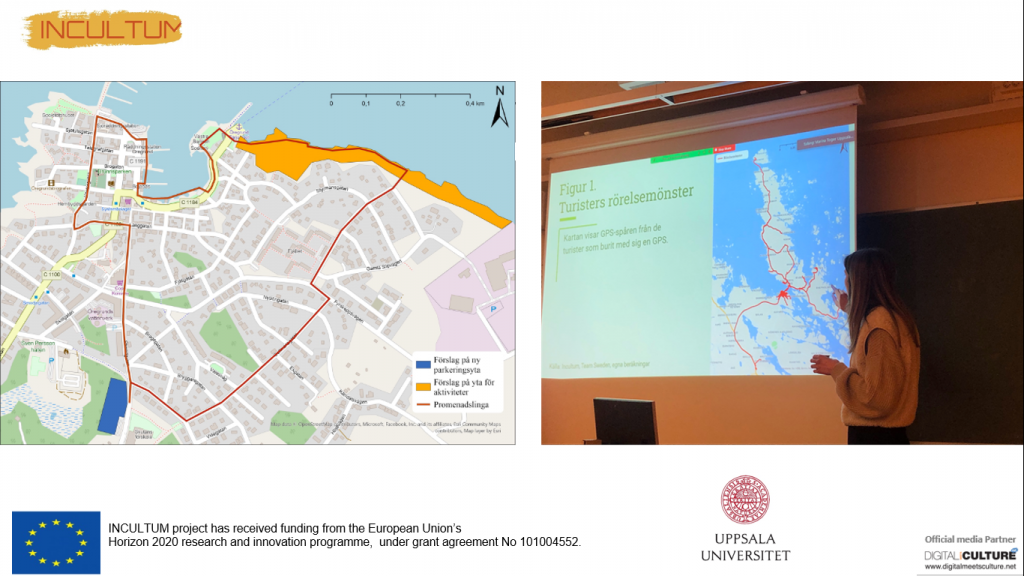
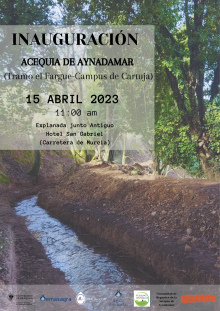
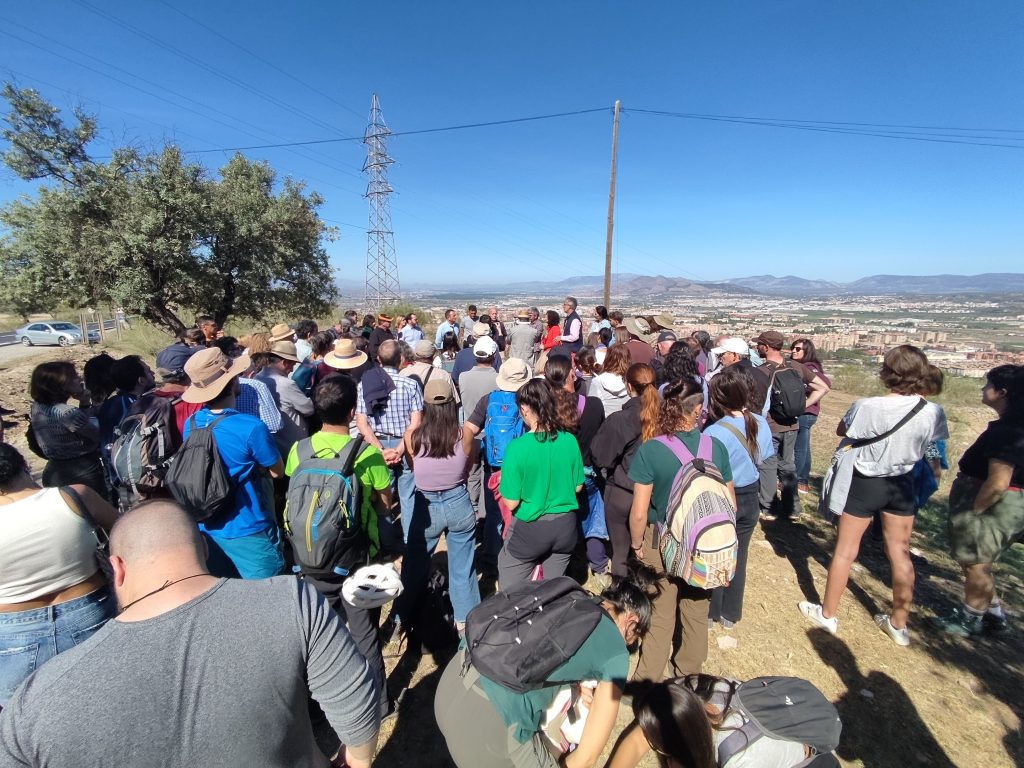






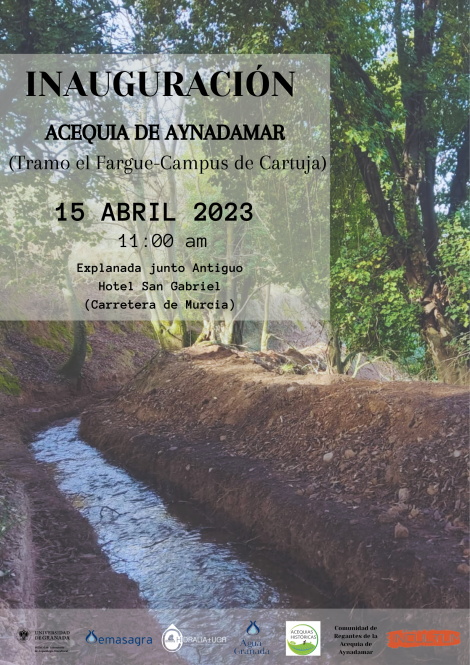 The aim of this project, in addition to the heritage and environmental aspects, has been the recovery for irrigation of the Cartuja Campus, thus avoiding the use of drinking water and the consequent regeneration of the landscape, taking advantage of the environmental functions of the traditional irrigation ditches.
The aim of this project, in addition to the heritage and environmental aspects, has been the recovery for irrigation of the Cartuja Campus, thus avoiding the use of drinking water and the consequent regeneration of the landscape, taking advantage of the environmental functions of the traditional irrigation ditches.